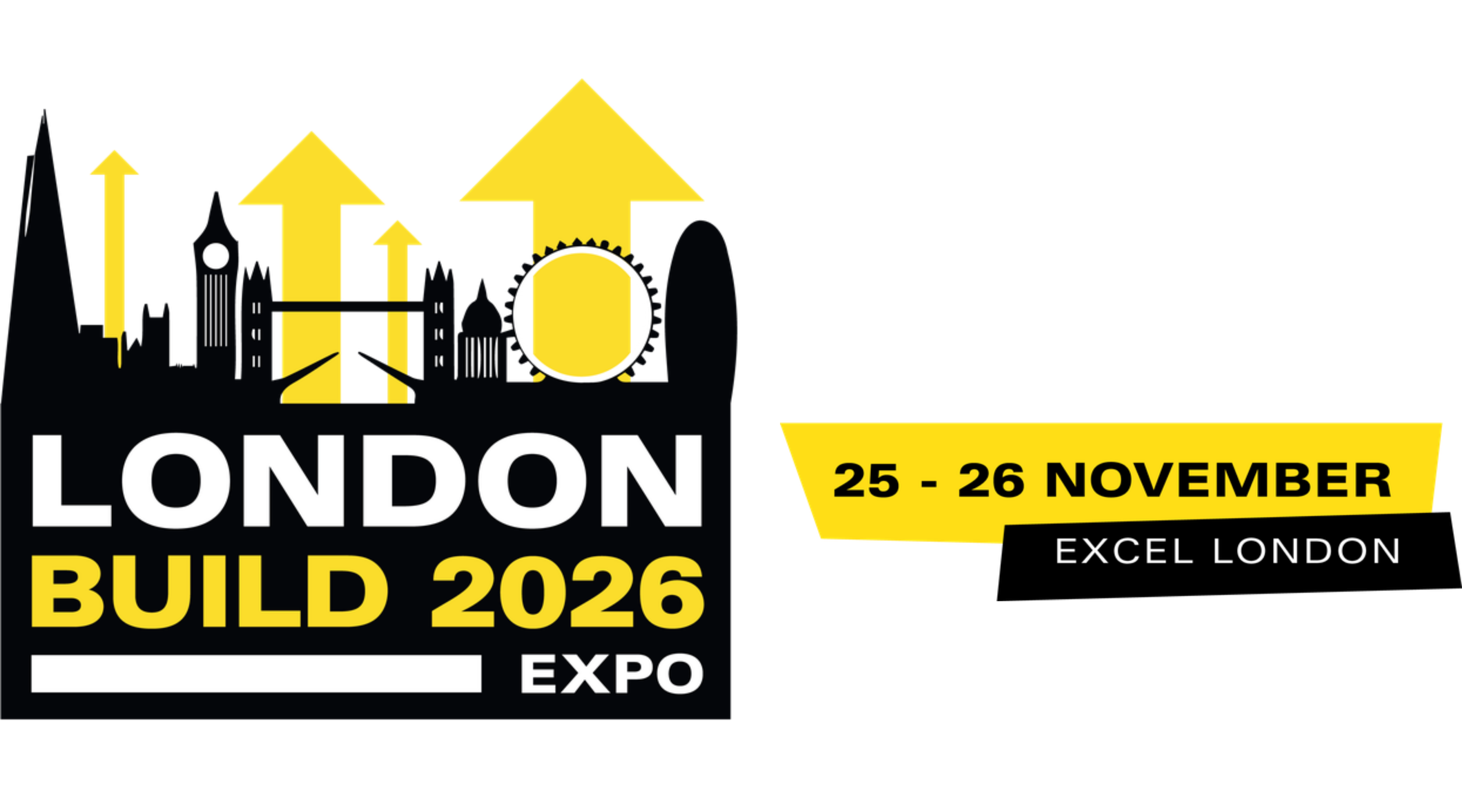AECOM launches 'pioneering' Loch Ness natural capital laboratory
)
AECOM'has launched what is believed to be the world's first natural capital laboratory on a 100-acre site near Loch Ness.'
Working with the landowners, their local advisors and conservation charity'The Lifescape Project, the site's natural environment will be restored, bringing back native forest, engaging local communities and reintroducing locally extinct species with the aim of identifying and demonstrating the environmental and social benefits of rewilding.
Over the next five years, AECOM will design and test experimental new techniques to quantify, measure and communicate environmental and social change, applying cutting-edge technologies such as drones, artificial intelligence (AI), virtual reality and space satellites.
With the site mostly covered by commercial forestry, the project will regenerate tree cover to bring back ancient Caledonian forest. Initial estimates suggest that replanting the whole site would store around 550 tonnes of CO2 each year ' equivalent to the amount produced every year by more than 120 cars. A river also runs through the site and the AECOM team will undertake a feasibility study for introducing a fish ladder to bring back species such as salmon and trout. Rare species including red squirrel, pine marten and mountain hares have already been spotted at the site and there are also promising signs of the critically endangered Scottish wildcat. Reintroducing and boosting the population of locally extinct and threatened species where appropriate, and working with nearby organisations to support species reintroduction at a wider level, will be a priority.
AECOM will use the natural capital laboratory as a test-bed for emerging ecological approaches. These include technologies such as using drones to plant trees, robotic rovers to undertake soil sampling, exploring the use of AI techniques to reduce the costs associated with data collection and analysis, and using space satellites to capture aerial imagery, map habitats and assess their condition. Drawing on the data collected through the use of these innovative techniques, AECOM will develop a set of natural and social capital accounts for the site to record, quantify and value environmental and social changes for each year of the experiment.
With the increasing prominence of natural capital accounting in UK policy-making, there is a growing demand for public and private sector organisations to better account for their environmental and social impacts. While there are already tools, techniques and support available for organisations looking to measure, manage and value their natural assets, the Natural Capital Laboratory will be a real-world, practical demonstration of how to apply a natural capital approach.
The accounts will take a wider capitals approach, incorporating natural, social, human, intellectual, manufactured and financial capital. This will allow the accounts to go beyond focusing on environmental change to also encompass impacts on a range of social and economic issues such as job creation, skills development, volunteering opportunities, health and wellbeing, knowledge creation, education opportunities and building local community networks. AECOM will also explore emerging methods of incorporating biodiversity into natural capital accounting through net gain approaches.
Robert Spencer, director ' sustainability, AECOM, said: 'Primarily, the Natural Capital Laboratory is about restoring a stunning slice of the Scottish Highlands back to what it was. But we also see this live laboratory as a way to demonstrate the value of conserving and enhancing ecosystems, including benefits to wellbeing, health and economic prosperity. We expect this will affect real change among businesses and organisations with significant land assets and encourage wider uptake of natural capital thinking. This project could be one of a network of natural capital sites across the UK. With a growing demand for public and private sector organisations to better value and account for natural capital, they will need to consider how they interact with and manage their natural assets in everyday decision-making.'
Chris White, principal environmental economist, AECOM, added: 'The laboratory allows AECOM to test and trial fast-evolving technologies in environmental monitoring so that we can prove what works before asking our clients to invest and embrace new techniques on their projects. Environmental consultancy work is becoming increasingly data-driven. Armed with an array of new technologies, we want to push forward digital transformation by collecting and bringing together a richness of data that could bring major efficiencies to this type of work.
'The fight against climate change and global biodiversity loss requires bold new approaches to managing the natural environment and our Natural Capital Laboratory provides the platform to help us create new solutions to tackle these big environmental problems.'
A key part of tackling environmental problems is to engage a range of different perspectives and collaboratively come up with solutions. To do this, the laboratory will be used as an opportunity to engage with a range of stakeholders such as government, businesses, local communities, landowners and school children. Talking about issues like natural capital to people unfamiliar with the topic is notoriously challenging. The team will use approaches such as virtual and augmented reality, audio soundscapes and work with artists to demonstrate possible futures for the landscape over the next 100 years to help make collaborative decisions about how to manage and interact with nature on the site.
AECOM will partner with leading research institutions, universities, businesses, government organisations and local wildlife trusts to maximise the potential for research and trials throughout the five years. Research ideas already identified include exploring the impacts of sustainable practices such as adopting a plant-based diet. The focus for the first year will be to undertake baseline surveys of the site, including habitat surveys, environmental DNA analysis, species population assessments and water quality monitoring, which will feed into the first set of natural and social capital accounts.
Source:'Scottish Construction Now
London Build is the leading building & construction show for London and the UK. Gain access to 350+ exhibitors, 500+ speakers and connect with 25,000+ registered visitors. If you are interested in speaking, exhibiting or becoming an official event partner for the 2019 show, simply submit your interest and a member of the team will be in touch.'

